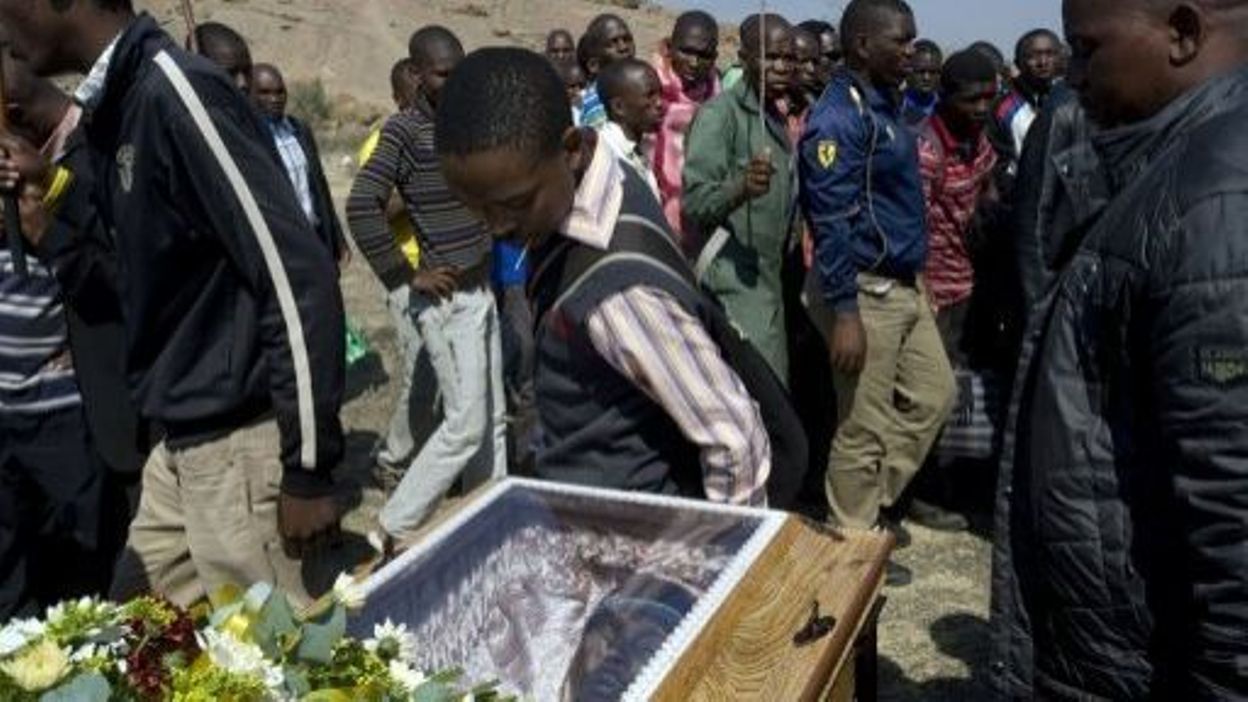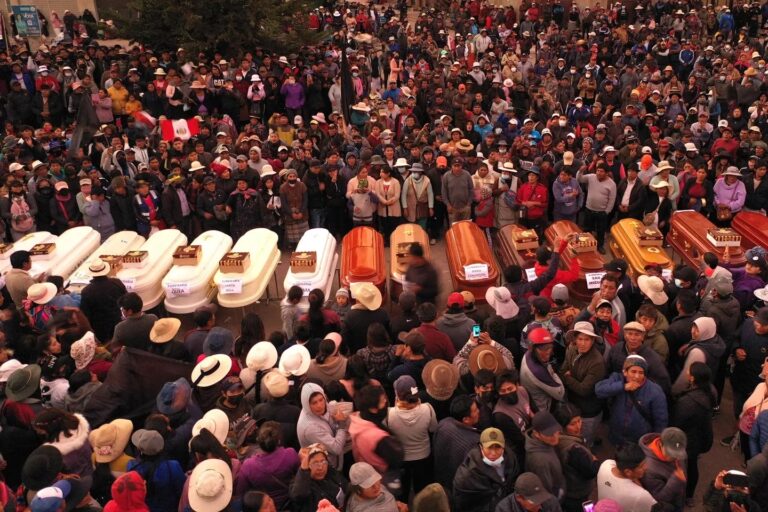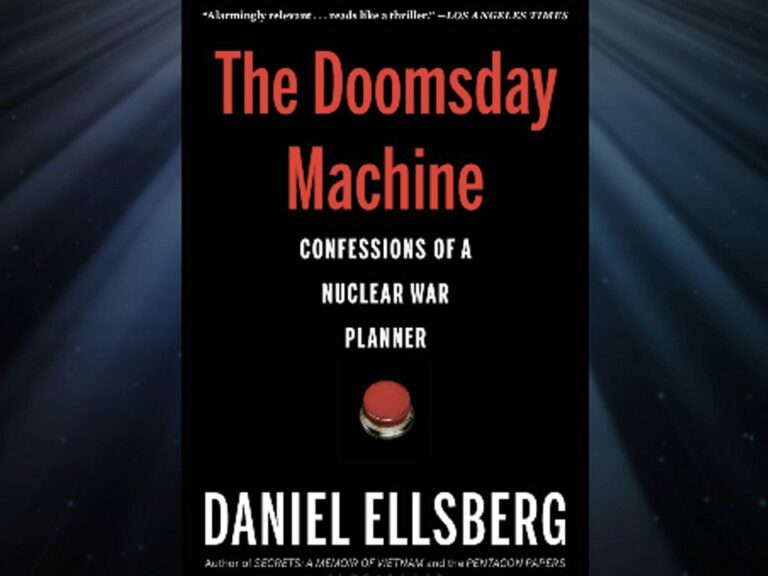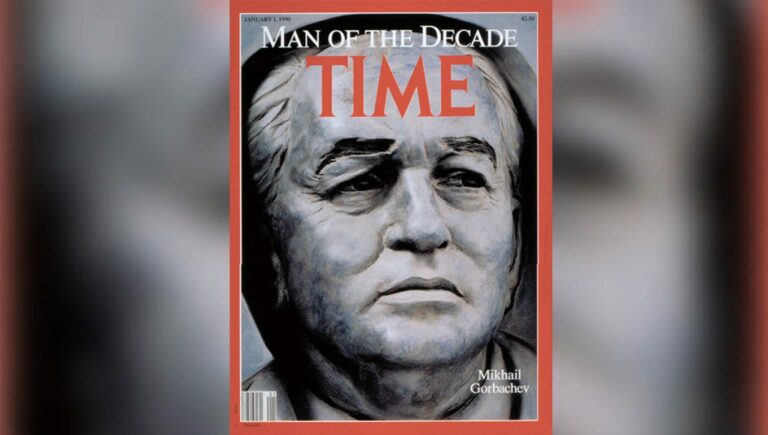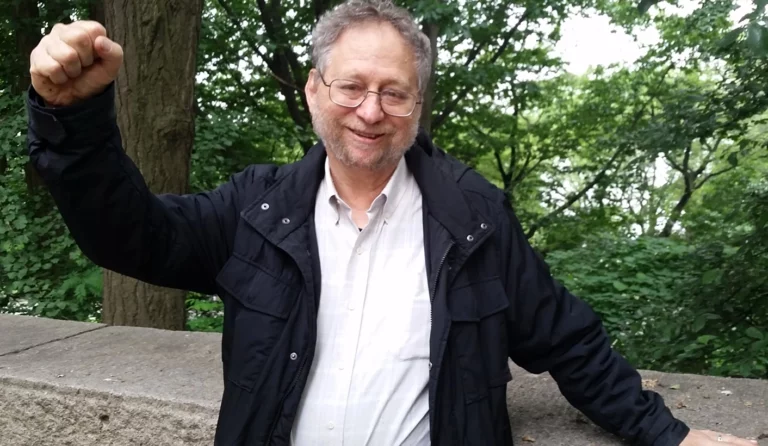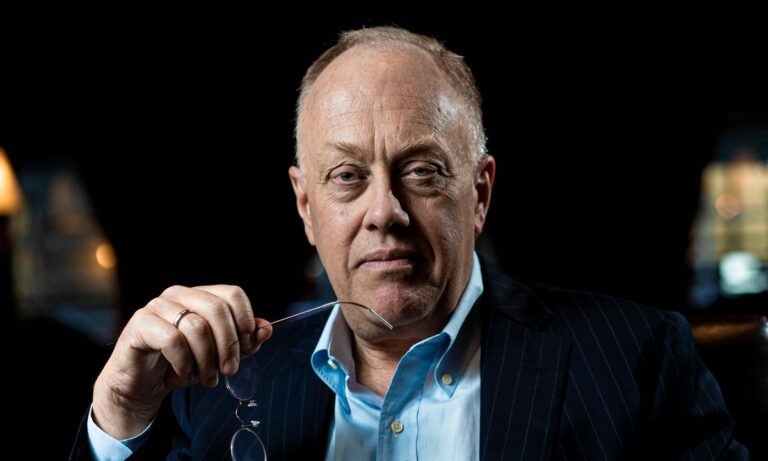Did the ANC Make a Faustian Bargain – Danny Schechter on Reality Asserts Itself (pt 3/3)
This interview was originally published on February 13, 2014. Mr. Schechter analyzes the difficult circumstances that led Mandela to make major compromises in their program after taking power in South Africa.
No posts
PAUL JAY, SENIOR EDITOR, TRNN: Welcome back to The Real News Network. I’m Paul Jay in Baltimore. This is Reality Asserts Itself.
We’re continuing our series of interviews with Danny Schechter about his new book, Madiba A to Z: The Many Faces of Nelson Mandela. And Danny and I were talking about some of the decisions that were made just before and as the ANC took power.
And there’s a recent piece I quoted earlier, and I’m going to quote some more. It’s a piece in The Guardian written by Ronnie Kasrils. It’s titled “How the ANC’s Faustian pact sold out South Africa’s poorest”, and it’s subtitled “In the early 1990s, we in the leadership of the ANC made a serious error. Our people [are] still paying the price.”
So this is a quote from in the article. Kasrils writes:
“It was a dire error on my part to focus on my own responsibilities and leave the economic issues to the ANC’s experts. However, at the time, most of us never quite knew what was happening with the top-level economic discussions. As Sampie Terreblanche has revealed in his critique, Lost in Transformation, by late 1993 big business strategies–hatched in 1991 at the mining mogul Harry Oppenheimer’s Johannesburg residence–were crystallizing in secret late-night discussions at the Development Bank of South Africa. Present were South Africa’s mineral and energy leaders, the bosses of US and British companies with a presence in South Africa–and young ANC economists schooled in western economics. They were reporting to Mandela, and were either outwitted or frightened into submission by hints of the dire consequences for South Africa should an ANC government prevail with what were considered ruinous economic policies.
“All means to eradicate poverty, which was Mandela’s and the ANC’s sworn promise to the ‘poorest of the poor’, were lost in the process. Nationalisation of the mines and heights of the economy as envisaged by the Freedom charter was abandoned. The ANC accepted responsibility for a vast apartheid-era debt, which should have been cancelled. A wealth tax on the super-rich to fund developmental projects was set aside, and domestic and international corporations, enriched by apartheid, were excused from any financial reparations.” And he goes on to give some other examples.
Now joining us in the studio is, again, Danny Schechter. Danny’s a journalist, an author and documentary filmmaker. He’s involved now in a new film called The Making and Meaning of ‘Mandela: Long Walk to Freedom’. And as I said, his latest book is Madiba A to Z: The Many Faces of Nelson Mandela. Thanks for joining us again.
DANNY SCHECHTER, EXEC. EDITOR, MEDIACHANNEL.ORG: My pleasure.
JAY: So Kasrils is saying there are some very specific things that could have been done back then. In the quote I read in the earlier segment of our interview, he says the balance of forces were in ANC’s favor. Yes, they were afraid of a bloodbath, but, you know, if you go back to what you said in the earlier part, you know, if you had done it slowly, you could have slowly done some of the things he just listed, and they weren’t done.
SCHECHTER: I think there was a culture of distraction going on. There were so many things to do, so many demands on the new government, so many demands on Mandela, I don’t think they focused on it.
But they also learned something which you haven’t mentioned, Paul, which is really a kind of a serious situation. When sitting in these meetings, they were basically told there’s no money in the bank, that the Afrikaner government, that the former government had stolen a lot of the money. So the money that the ANC thought they could use to build housing, to promote antipoverty programs wasn’t there, and partly because large loans were made by the former government to the banks in South Africa–so-called “lifeboats” is what they were called, because in case in the transition they ran into a bad patch economically, they would have money to tide them over. So a lot of the resources that the ANC was counting on to be able to tap and to use weren’t there.
Also in this period, when they were negotiating with the World Bank, the actual format, the formula of it was there were eight members of the old government and eight members of the government to be, who weren’t yet in power. And so they needed to achieve a consensus with their former enemies, who of course wanted to keep the market system going the way it had been going, to benefit them. And the ANC didn’t have the countervailing power at that point, unless they wanted to walk out, you know, of the meetings, to actually offer an alternative to it. So the negotiations were not in their favor. I think Ronnie is wrong to say, oh, we had–the balance of power was on our side, and I think it wasn’t on their side, unfortunately.
And so we’re in a situation here where people are dealing with a very complex set of global financial arrangements that they’ve had no experience with, and are being given an ultimatum, in essence, by the World Bank. They’re saying, look, guys, you don’t have any money. We’ll give you the money, but if, only if you sign off on A, B, and C. And what are they going to do? The elections–this is six months before the elections. Are they going to cancel the elections? Are they going to see the struggle that they’ve been fighting all these years go up in smoke? Or are they going to try to compromise and work something out and make a deal and all the rest of it?
And the problem is, looking back 20 years, we can say this is not a very good deal that they made. Maybe they didn’t have any other option. But it certainly led to the current situation continuing and getting worse.
So Kasrils is right. Terreblanche, who’s studied this in great detail, is right. But, you know, the fact is that this was not a movement that was economically sophisticated. They focused, like so many other African leaders, on getting the reins of power at the state level. Nkrumah, the first leader of independent black Africa, said “Seek ye first the political kingdom”. That was their orientation going back into the ’50s.
JAY: But one could understand that, if you then use that political power, even if it’s gradually and slowly, to fulfill some of these needs that Kasrils talks about. But they don’t. What you wind up having is this idea of, like, black empowerment means some black people could become very rich, and the needs of the poor, they get mitigated some, but not much.
SCHECHTER: Look, I can share your view on this, obviously, but I’m an American. I wasn’t there. I couldn’t–I wasn’t making these decisions. I try to understand and understand the context of what was happening. That’s what my book Madiba A to Z tries to do is put Nelson Mandela in this context. And I spoke to the people closest to him and to this whole process, who shared their ideas. I mean, de Klerk said, oh, we did a brilliant job economically. You know, he was all for all these market-based reforms. And so were some of the people who ended up running the Reserve Bank in South Africa, running the economy for Mandela.
So, you know, I don’t want to be somebody who sits in judgment or plays woulda, coulda, shoulda with this situation. I want to point out some of the lessons here so we can understand how real-world politics and economics works, how hard it is for a revolution to succeed when they’re up against not just the forces of apartheid. They thought, if we can get rid of apartheid, that’s the struggle. And they realized that beyond and behind apartheid was this whole global economic structure, and it’s much harder to get rid of that or to transform. And that’s been the challenge that they have.
And that’s why the country is very fragmented right now. That’s why in this–people are debating all this, often with resort to sloganizing, you know, of various kinds–right on, brother! And all of that, you know, it sounds good, but when you look at it deeply and closely, it often doesn’t really play out or inspire, you know, a common program for change.
That’s what made the ANC the leading liberation movement. They created a common program. They unified people.
JAY: So to what extent is this debate continuing now in the ANC? I mean, now it’s clear these policies have led to, you know, not the kind of transformation people hope for.
SCHECHTER: It’s not just continuing in the ANC. It’s continuing in the country. They’re in new political movements. The Economic Freedom Fighters is one such movement. There’s talk of the trade unions having their own political party and not supporting the ANC. There’s a white opposition from what’s called the DA, the Democratic Alliance. The country is very fragmented.
And there’s a culture of bitterness and anger in the country. This is something that Graça Machel, Mandela’s wife, pointed to, saying that, you know, the country itself is on the verge of imploding because of all this anger and hostility.
So there isn’t a leader to turn to. There isn’t a Mandela who can unify everybody right now. And that’s why this new election in South Africa is very important to monitor and try to understand. And that’s why Mandela himself was a complicated figure. That’s why I did an A to Z, ’cause there were many faces of Mandela, not just one.
On the right today, they’re saying, oh, he was a communist all along, he was a Marxist, he was a terrorist, etc., etc. Not true. You know, everybody wants to pigeonhole people into one little category, and I know that there’s more complexity to it. That’s what makes this story interesting. That’s why I’ve written this book.
JAY: Thanks very much for joining us, Danny.
SCHECHTER: My pleasure, Paul.
JAY: And thank you for joining us on Reality Asserts Itself on The Real News Network.
“Daniel Isaac “Danny” Schechter was an American television producer, independent filmmaker, blogger, and media critic. He wrote and spoke about many issues including apartheid, civil rights, economics, foreign policy, journalistic control and ethics, and medicine.”
